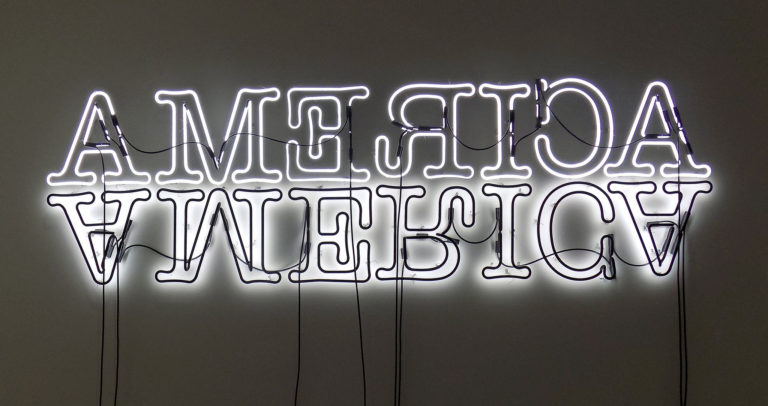Iyko Day makes a compelling intervention in discussions of race, capital, and settler colonialism. Her book presents a theorization of the abstract economism of Asian racialization by examining how social differentiation functions as a destructive form of abstraction anchored by settler colonial ideologies of romantic anticapitalism. By engaging with capitalism’s abstraction of differentiated gendered and racialized labor in order to create value, Day’s project diverges from scholarship arguing that capitalism profits from labor via the production, rather than the abstraction, of racialized difference (Lowe 1996; Roediger 2008). Her book engages a rich multimedia archive and uses principal historical instances of Asian North American cultural production as theoretical texts to examine key racial policies since the 19th century: Chinese railroad labor in the 1880s, anti-Asian immigration restrictions; internment of Japanese civilians during World War II, and the neoliberalization of immigration policy in the late 1960s.
Articles by Rachel Kuo
Rachel Kuo is a doctoral student in Media, Culture, and Communications at New York University studying at the convergence of critical race and digital studies. Centering the perspective of queer, feminist of color organizing, her research focuses on solidarity within and across communities of color by examining the politics and aesthetics of online social movements. More broadly, her framework locates inequality transnationally as articulated through gender, sexuality, class and nation. She teaches courses on technology and society, race and media, and also global media. Her work has been published in New Media and Society, and she occasionally writes online at Everyday Feminism.
